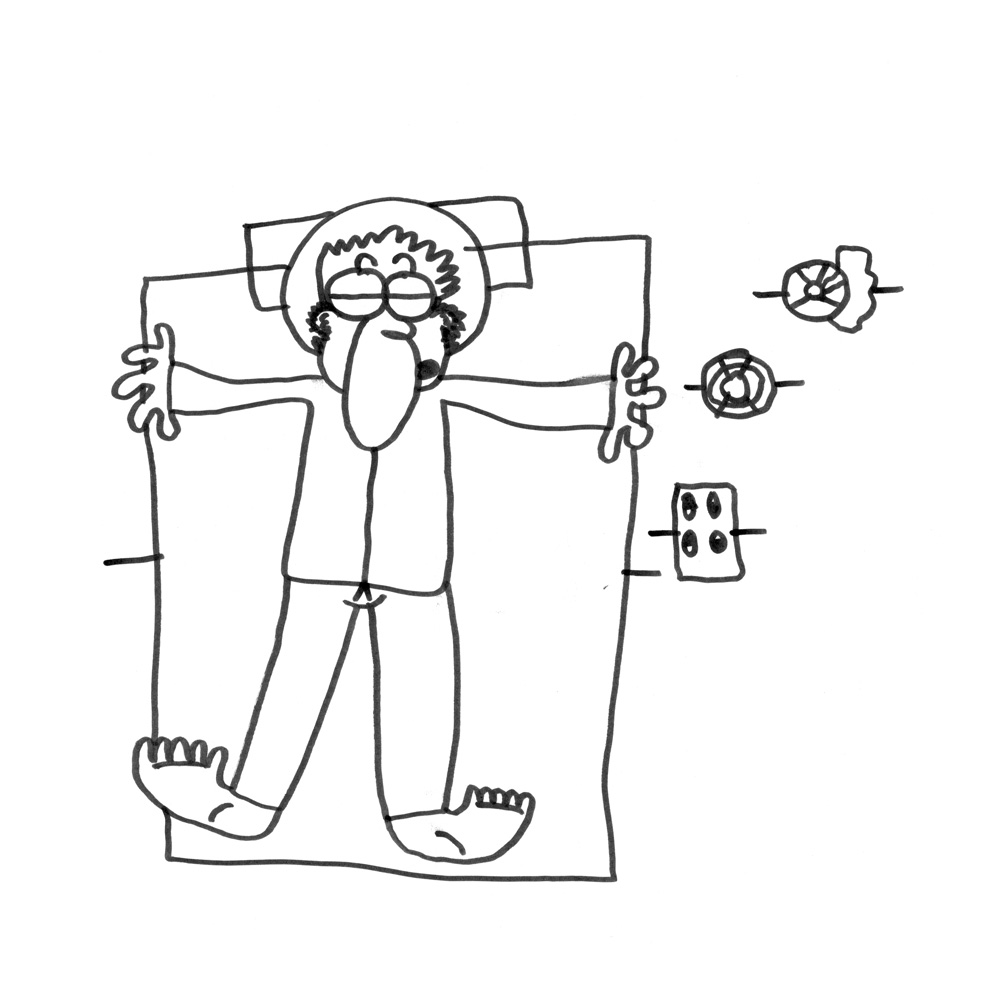
ADHD, insomnia and melatonin
ADHD, children insomnia and melatonin
Daytime attention problems might be related to sleep disorders. Due to those deficits, the child may be more irritable and sleepy. Besides, a maintained lack of sleep could cause attentional deficits. Sleep disorders are common during childhood, and you could find them amongst infants, children and adolescents. There are different sleep disorders typified.
Sleep disorders types
Insomnia disorder could be defined as dissatisfaction with sleep quantity or quality with complaints of difficulty initiating or maintaining sleep. One of its main causes is the absence of consistent sleep schedules and bedtime routines. Others sleep-wake disorders are restless legs syndrome, delayed sleep phase and sleep disorders related to seizures overnight.
For example, ADHD children tend to present sleep-onset insomnia (or initial insomnia). Which involves difficulties initiating sleep at bedtime.
Individuals with delayed sleep phase report sleep-onset insomnia only when they try to sleep at socially normal times. To be considered as a real problem, the delay must be greater than two hours (during sleep onset and awakening).
Restless legs syndrome (RLS), as we have already commented in another post, it is a neurologic disorder that affects children and adolescents. It produces difficulties initiating and maintaining sleep because of the urge to move the legs and any accompanying unpleasant leg sensation. It usually appears during childhood and the symptoms are generally worse at the end of the day. Sensations are usually worse at rest, especially when lying or sitting, but movement can provide temporary relief. Besides, most individuals have periodic limbs jerking (every 20 seconds) during the night. These limbs jerking are usually present in almost the 80% of the people who suffer from RSL. It customarily has a genetic basis and it is related to dopaminergic system anomalies and low ferritin levels. In many times you could find iron deficiencies. This is not treated with melatonin.
Melatonin
One of the main problems we have recently found is the extended and indiscriminate uses that people have given to melatonin to treat all those problems. One cause of that is the easy acquisition of it in any pharmacy, because it has not been used as a treatment for many years. Melatonin is produced by the pineal gland during the night, because it modulates the wake-sleep patterns. Therefore, this substance tells our brain that is night time and we must go to sleep. If there were any light on the bedroom, the child would not be able to sleep, because his body would not synthesise melatonin.
Melatonin is synthesised by tryptophan (get it from specific food). That explains why is sometimes useful to eat some food rich in tryptophan for dinner (for example, almonds). Moreover, a common mistake is to do not take into account the different types of melatonin presentations. Hence, if someone uses the immediate-release it will only affect early in the night; but if someone uses the slow-release, the effect will last all the night.
In a study published in PLoS One (Ferracioli-Oda, Qawasmi & Bloch, 2013), the authors conclude that melatonin decreases falling sleep latency, increases sleep total duration and improves sleep quality. Further, it demonstrates that benefits are little compared to placebo. Such conclusions match with other studies, which say that the soporific effects of melatonin can help with problems falling asleep (van Geijlswijk, van der Heijden, Egberts, Korzilius & Smits, 2010).
ADHD and melatonin
In the magazine “anales de pediatría”, you could find an article collecting the melatonin use consensus for children and adolescents with sleep-onset disorders (Pin Arboledas et al., 2014). There have been made several studies in relation to attentional deficits, and melatonin and ADHD. Specifically, with problems falling asleep and the use of melatonin; as a maintained therapy over years. In Hoebert’s study (Hoebert, van der Heijden, van Geijlswijk & Smits, 2009), they concluded that maintained use of melatonin for sleep-onset disorders is effective in the 88% of the cases they had studied. Moreover, they found out that there is an improvement on behaviour and mood. Besides, there were no side effects for children with maintained use.
Melatonin’ side effects
First of all, it is essential to point out that as any other substance its excess may hurt our body. Once this is well established, it is important to note that melatonin produces somnolence. Its side effects include: headache, dizziness, stomachache, lethargy and irritability during the day. It is better not to drive or use any heavy machinery during the following four hours after the melatonin intake. Otherwise, there are no studies of melatonin use during pregnancy but it is better or, at least recommended, not to take it. The same happens with breastfeeding. Furthermore, melatonin might increase blood pressure in people who are being medicated for that reason. It is also recommended to control sugar levels if you are diabetic.
For more information, you can check out medlineplus.
In conclusion, there is still much to study and to research to finally get to know how melatonin uses and which are its applications on sleep children disorders.
References
Ferracioli-Oda, E., Qawasmi, A., & Bloch, M. H. (2013). Meta-analysis: melatonin for the treatment of primary sleep disorders. PloS One, 8(5), e63773. doi:10.1371/journal.pone.0063773
Hoebert, M., van der Heijden, K. B., van Geijlswijk, I. M., & Smits, M. G. (2009). Long-term follow-up of melatonin treatment in children with ADHD and chronic sleep onset insomnia. Journal of Pineal Research, 47(1), 1–7. doi:10.1111/j.1600-079X.2009.00681.x
Pin Arboledas, G., Merino Andreu, M., de la Calle Cabrera, T., Hidalgo Vicario, M. I., Rodríguez Hernández, P. J., Soto Insuga, V., & Madrid Pérez, J. A. (2014). [Consensus document on the clinical use of melatonin in children and adolescents with sleep-onset insomnia.]. Anales De Pediatria (Barcelona, Spain: 2003). doi:10.1016/j.anpedi.2014.03.011
Van Geijlswijk, I. M., van der Heijden, K. B., Egberts, A. C. G., Korzilius, H. P. L. M., & Smits, M. G. (2010). Dose finding of melatonin for chronic idiopathic childhood sleep onset insomnia: an RCT. Psychopharmacology, 212(3), 379–391. doi:10.1007/s00213-010-1962-0


